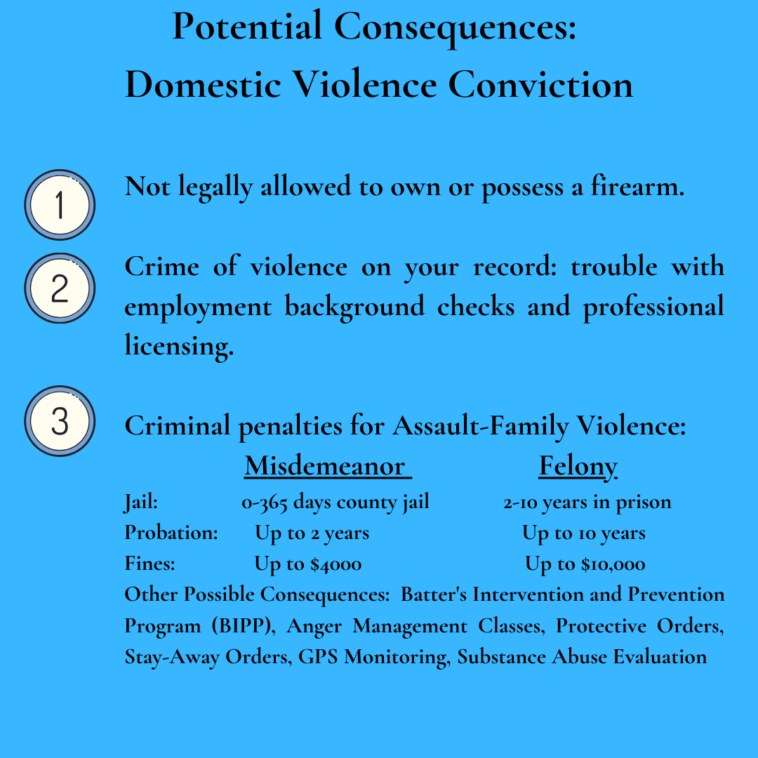NEW.png?1592347272148)
Ashley Benefield’s 20-year Sentence: Justice or Injustice?
The recent incarceration of former Lakewood Ranch ballerina, Ashley Benefield, for a 20-year sentence following her trial for manslaughter with a firearm is raising eyebrows. The judgement brought to light pressing questions about how the criminal justice system handles cases involving self-defense with a backdrop of domestic violence. In a system that can often be relentless, have we villainized the victim in this scenario?
Ashley Benefield: Silent Victim or Calculated Criminal?
Ms. Benefield was convicted of the manslaughter of her estranged husband, Doug Benefield, a sentencing notably equal to that awarded to a teenager convicted for a premeditated drive-by homicide. Many view this as an absurd disparity. A careful consideration of the circumstances revolving around Ashley, however, presents a less clear-cut scenario.
Unfolding the case of Ashley vs. Doug Benefield
The judicial system acknowledged Doug, the “victim”, as the initial aggressor whose actions contributed notably to the homicide. A controversial yet frequent bias of the criminal justice system is on full display — the tendency to overlook external factors that influence such actions. The question then arises; was Ashley’s reaction a desperate measure or an excessive response?
Evaluating the impact of domestic violence on self-defence
It is generally accepted that a history of domestic violence may cause reasonable impairment in judgment. Ashley excessively reacted out of perceived threat, but the question looming is: Does this fact excuse her from the severity of her space and time misjudgment? Or better yet, should domestic abuse victims on trial for self-defense receive proportional punishment tailored to their situations?
Disparities in Sentencing: Are we ignoring victims of Domestic Violence?
Women like Ashley are often the unfortunate casualties of the unyielding stance the modern judicial system takes in relation to self-defense cases, especially those involving domestic abuse victims. Often, these women face punitive outcomes from judges who blatantly ignore the harsh reality of domestic violence. The alternative is often a horrifying death by their abusive partners— a chilling warning that the system is in dire need of revision.
Recognizing and addressing the bias in legal handling of Domestic violence cases
Despite the existence of domestic violence courts across the country, we often turn a blind eye to the injustice and bias once these women find the courage to fight back. This oversight begs the question; have we done enough to protect victims of domestic violence within the criminal justice system?
Legal Recourse for victims of Domestic Violence
To counter this, we must urge change in the legislation and legal processes that deal with self-defense cases. The fight against domestic violence demands a multidimensional approach incorporating both punitive and preventive measures, such as legal education and improved access to mental health resources for victims.
In conclusion: Is Ashley Benefield’s Sentence a wake-up call?
As the defense attorney for Ashley Benefield, I believe that her sentence is more than a cautionary tale. It is a revealing case-study of the widespread failures within our criminal justice system, particularly in domestic violence-related cases of self-defense. This chapter of Ashley’s life unfolds an urgent need for us to foster a criminal justice system capable of addressing the complex dynamics of domestic abuse.
Taking Steps towards a Just Justice System
We must therefore call upon the pillars of our legal system, legislative and judicial bodies, to give this matter due heed. We are obligated to ensure justice is served appropriately – it starts with recognizing and considering the circumstantial factors influencing cases like Ashley Benefield’s.
Originally Post From https://www.heraldtribune.com/story/opinion/columns/guest/2024/12/11/benefields-harsh-sentence-hurts-domestic-violence-survivors-opinion/76880849007/
Read more about this topic at
Daniel Penny jury returns after judge’s controversial …
Debating justice: Kim Potter’s sentence and AG Ellison’s …


